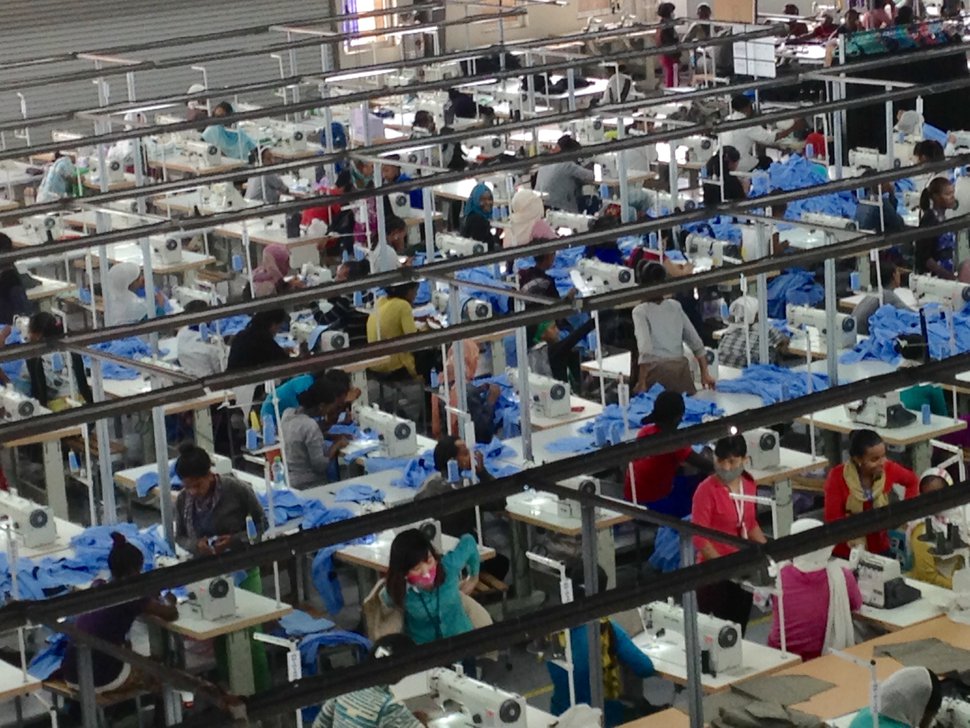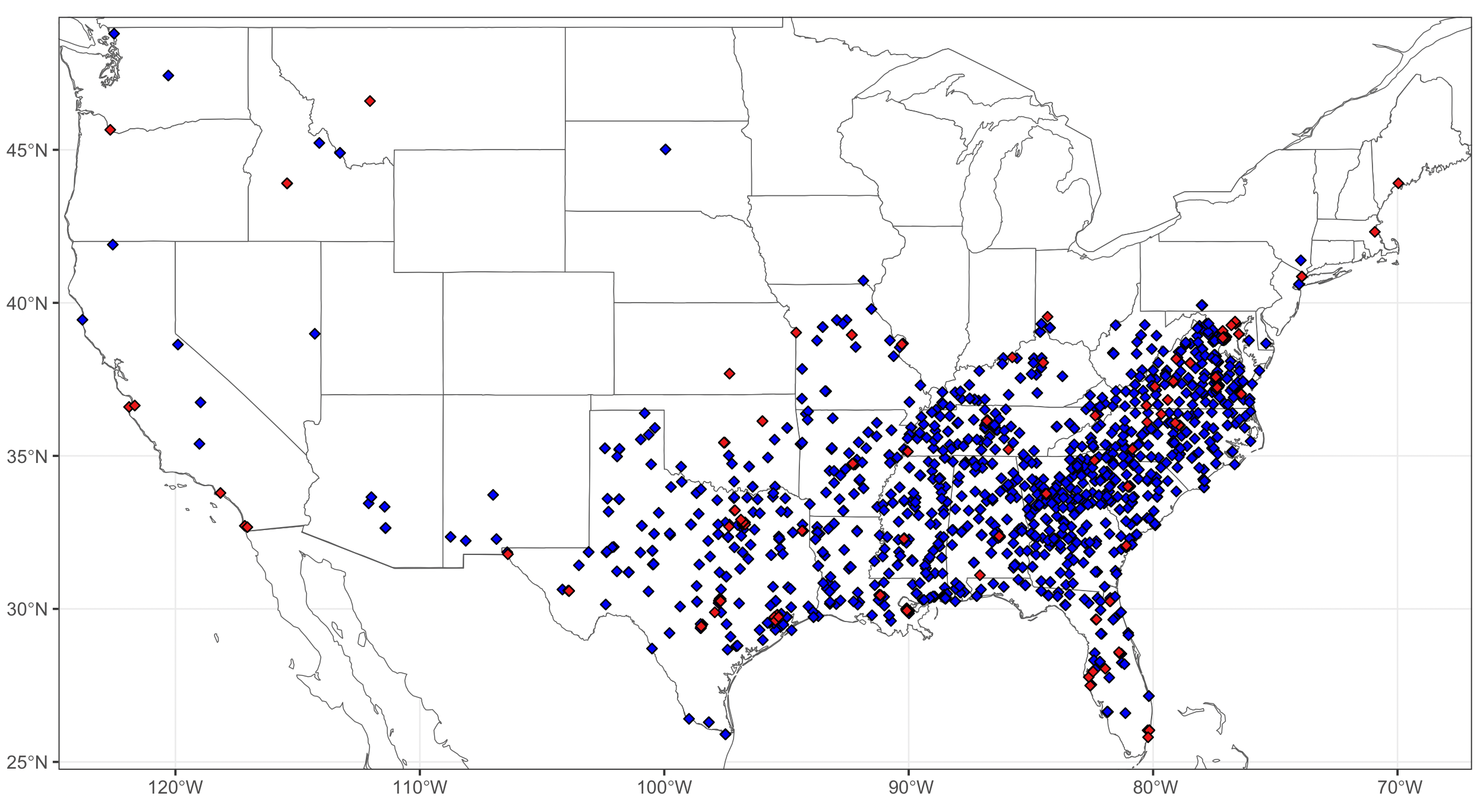The expectation that women’s entry into formal salaried employment boosts their political participation is grounded in the belief that employment enhances income changes gender attitudes, increases intra-household decision-making power, expands networks, and informs workers about their interests. However, it is also understood that employment might hinder political participation due to time constraints.
Research on employment’s impact on political participation presents mixed results, partly due to the potential reverse causality or other factors like time availability or social norms influencing both employment and political activity.
In Ethiopia, we examined how women’s formal employment affects their political engagement through a pre-registered, large-scale field experiment where factory jobs were randomly offered to qualified candidates. Data were collected at multiple points before and after job offer randomization, spanning up to three years. While job offers increased employment and earnings, political participation did not increase; community meeting involvement even declined.
Short-term findings suggest time pressure from employment diminishes political engagement, alongside reductions in leisure and social activities. Long-term effects still showed decreased community meeting participation without impacting other political activities or time use. Further analysis indicated that the job offers caused a decrease in women’s political efficacy.
Qualitative interviews revealed job conditions might directly disempower women, highlighting tight control, verbal abuse, monotonous tasks, limited advancement opportunities, and strong gender hierarchies in workplaces. The disempowering nature of factory employment was underscored, while community meetings were considered important and valuable.
This study not only sheds light on industrial employment’s impact in low- and middle-income countries but also relates to broader discussions on labor market disadvantages and workplace voice globally. Using World Value Survey data from over 100 countries, we found a negative correlation between unskilled manual work and political participation, suggesting the disempowering potential of such jobs extends beyond the study’s context.
This blog piece is based on the forthcoming Journal of Politics article “Jobs and Political Participation: Evidence from a Field Experiment in Ethiopia” by Lovise Aalen, Andreas Kotsadam, Janneke Pieters, and Espen Villanger.
The empirical analysis has been successfully replicated by the JOP and the replication files are available in the JOP Dataverse
About the Authors

Lovise Aalen, research professor and political scientist at Chr. Michelsen Institute in Bergen, Norway, has followed politics on the Horn of Africa for the last twenty years. She has several long term research stays and extensive fieldwork experience from Ethiopia. Her publications include books and articles on the ethnic based federal system, on decentralization and democratization, and on women’s empowerment. X: @LoviseAalen

Espen Villanger is the Director of Chr. Michelsen Institute in Bergen, Norway: www.cmi.no. He is interested in development.

Janneke Pieters is Program leader at the CPB Netherlands Bureau of Economic Analysis and Associate Professor at Wageningen University. Her research focuses on employment, (gender) inequality, and economic development. You can find more information about her work here and follow her on Xr: @jannekepieters




